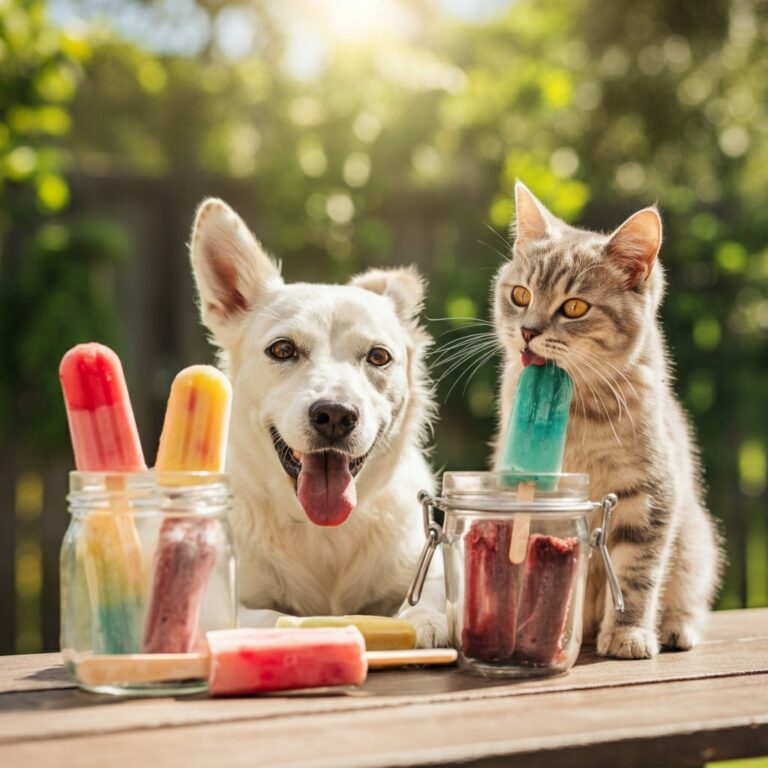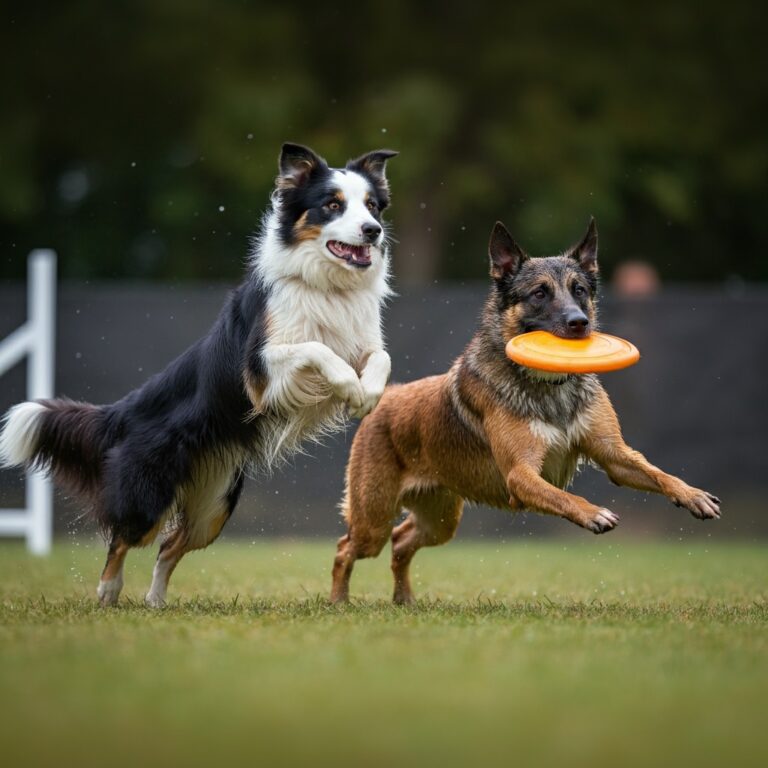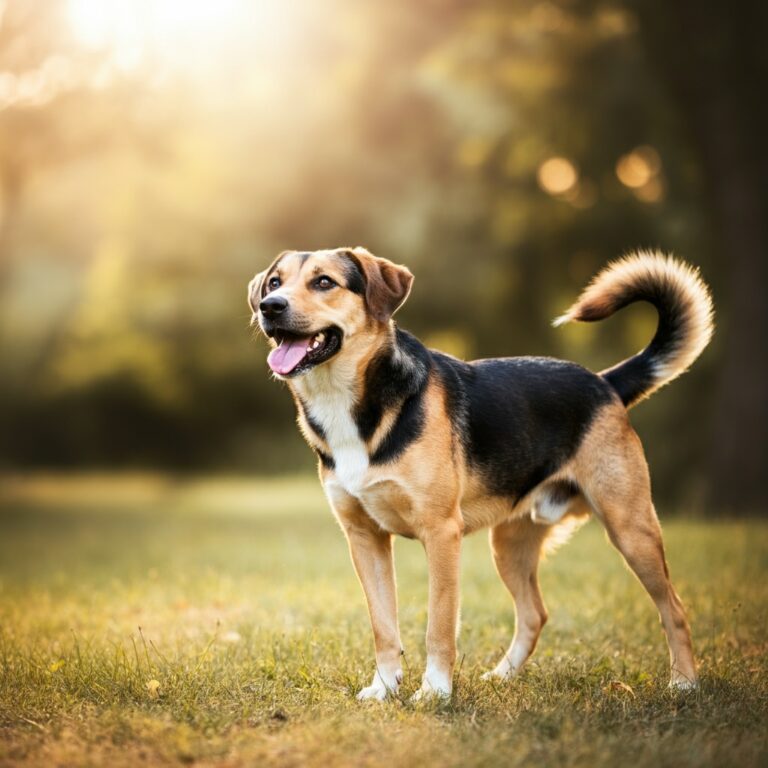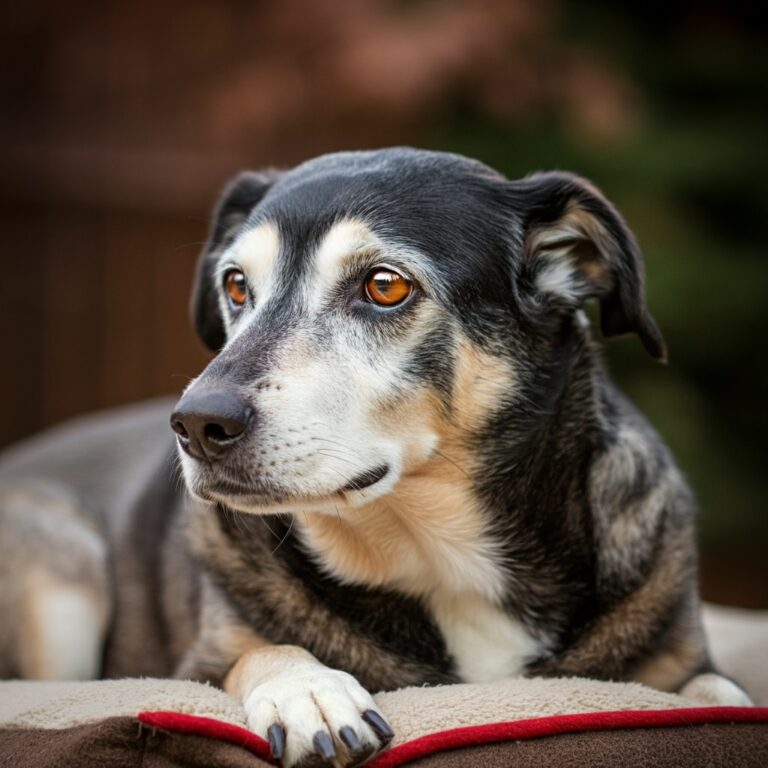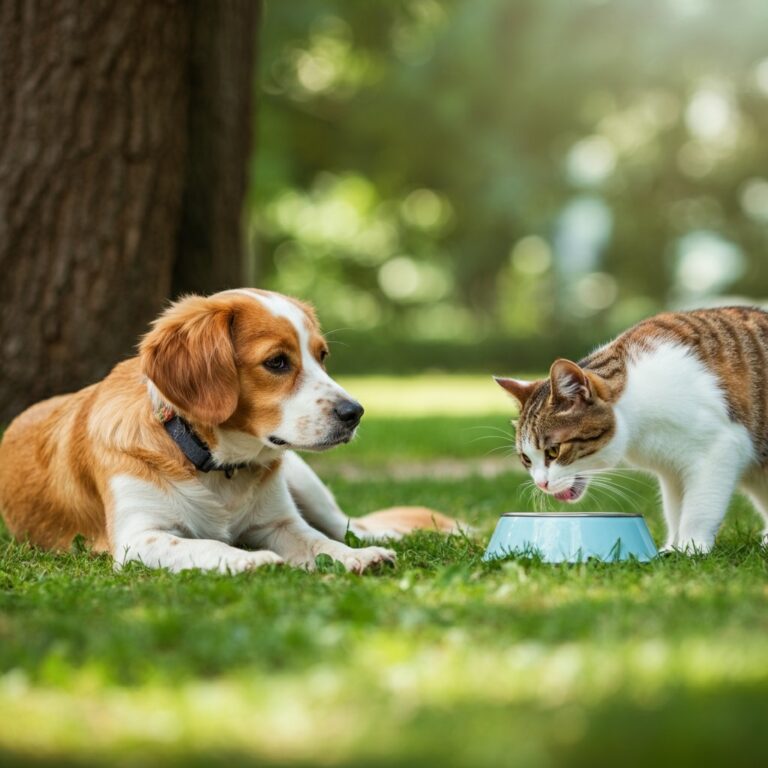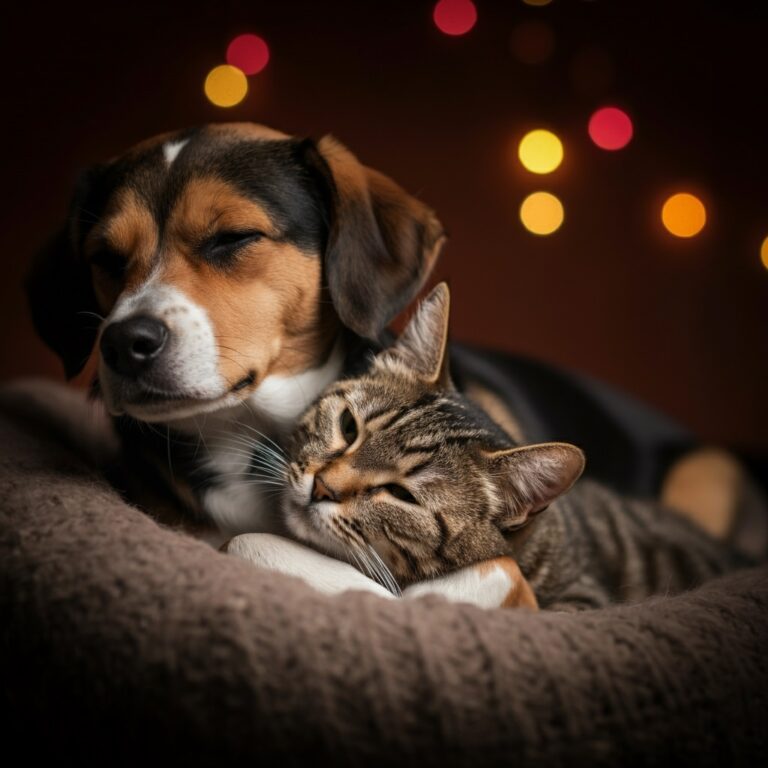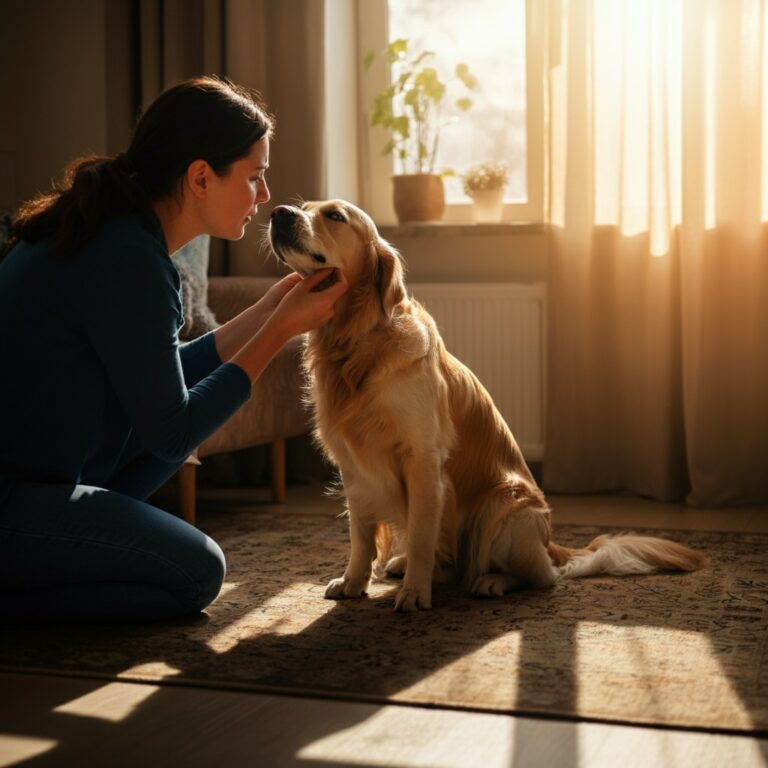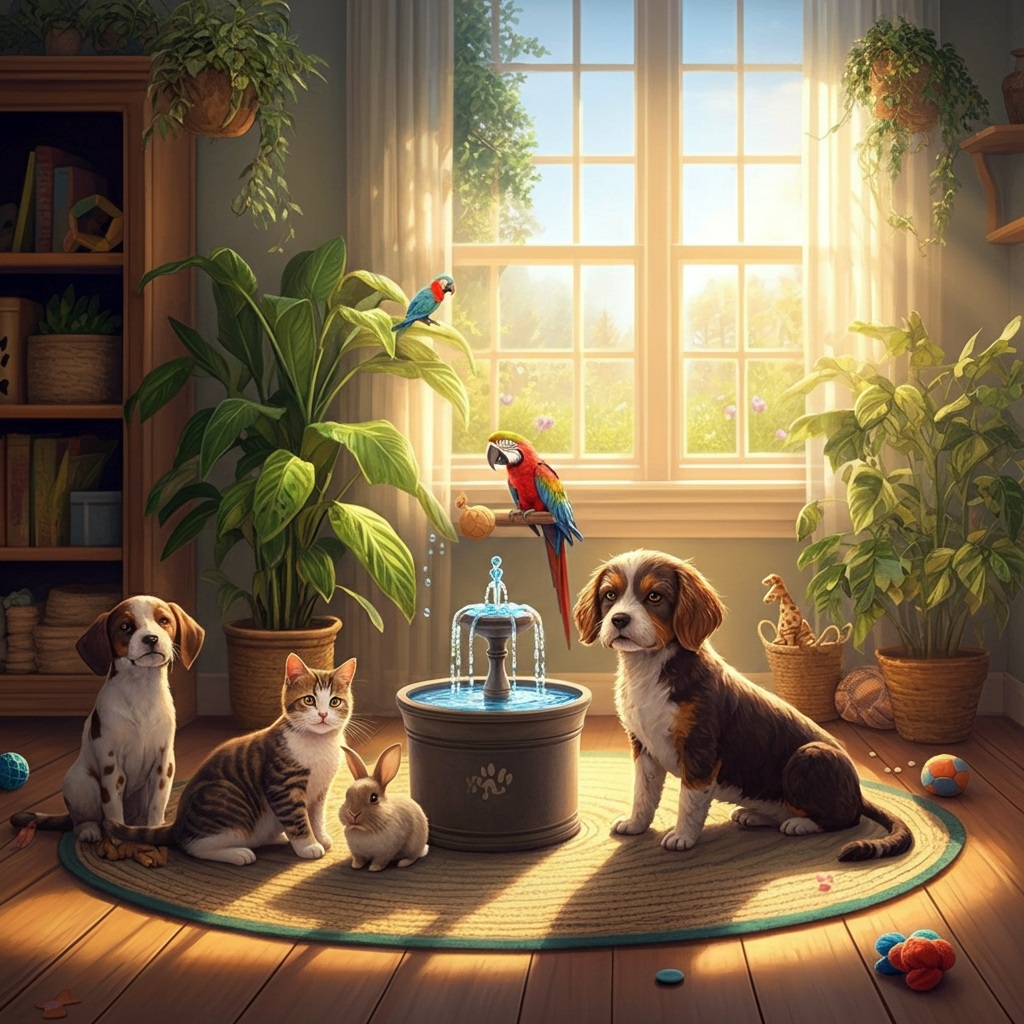
Proper hydration is essential for your pet’s health, just as it is for humans. But how much water is enough for your furry companion? Whether you’re a dog owner, cat lover, or even have pets like rabbits or hamsters, understanding their water needs helps promote their overall well-being.
This blog post dives into why hydration matters, how much water pets should consume per day, and what factors can influence daily water intake. Plus, we’ll share tips to make sure your furry friend stays hydrated all day long.
Why Hydration Is Important for Pets
Water is life—for both humans and pets. It plays a crucial role in almost every aspect of your pet’s health, including:
- Regulating body temperature: Water helps prevent overheating, especially during warm weather or physical activity.
- Supporting digestion: Water aids food breakdown and nutrient absorption.
- Lubricating joints: Proper hydration helps pets maintain mobility and avoid joint stiffness.
- Flushes out toxins: Water supports kidney function and helps remove waste from the body.
Even a small drop in hydration levels can be harmful. Dehydration in pets can lead to serious health problems like kidney disorders, urinary tract infections, and heatstroke. This is why understanding their daily water requirements is so important.
How Much Water Should Your Pet Drink Daily
The amount of water your pet should drink varies depending on their species, size, diet, activity level, and even the weather. Below, we’ve broken down the general guidelines for different pets.
Dogs
Dogs need about 1 ounce of water per pound of body weight per day. For example:
- A 20-pound dog should drink about 20 ounces (about 2.5 cups) of water daily.
- A 50-pound dog requires around 50 ounces (a little over 6 cups).
However, factors like exercise, age, and diet can increase or decrease their water needs. Dogs eating dry kibble may require more water compared to those eating wet or homemade food, as kibble contains little to no moisture.
Cats
Cats are naturally less inclined to drink water due to their evolution as desert animals, but that doesn’t mean hydration isn’t important. On average, cats should drink about 3.5 to 4.5 ounces of water per 5 pounds of body weight per day. For instance:
- A 10-pound cat should consume 7-9 ounces of water daily.
Cats that eat moisture-rich diets, like canned or raw food, may meet their hydration needs from their meals. However, cats eating mostly dry food should have constant access to fresh water to prevent dehydration and kidney issues.
Small Pets (Rabbits, Guinea Pigs, Hamsters)
Small pets have their own water requirements:
- Rabbits drink about 50-100 milliliters per kilogram of body weight daily.
- Guinea pigs typically need 80-100 milliliters per kilogram of body weight daily.
- Hamsters, being much smaller, require around 10 milliliters per 100 grams of body weight daily.
These pets often hydrate through water-rich vegetables, but providing fresh, clean water is still essential.
Birds
While birds shouldn’t drink as much water as mammals, it’s essential for them to stay hydrated too. On average, birds consume 5-10% of their body weight in water daily. For example:
- A parakeet weighing 30 grams will drink about 1.5-3 milliliters of water daily.
Make sure your bird’s water supply is clean, as they can be sensitive to contaminants.
Continues after advertising
Factors That Affect Your Pet’s Water Needs
Several factors can influence how much water your pet needs. Keep these in mind when monitoring their hydration:
1. Activity Level
Active pets burn more energy and lose water through panting or sweating through their paws, requiring a higher water intake.
2. Diet
Pets consuming dry food will need to drink more water to make up for the lack of moisture. On the other hand, pets on wet diets that include canned food or fresh produce might drink less water from their bowls.
3. Weather
Hot and humid weather increases water loss in pets. During summer or heat waves, always ensure their water supply is abundant and accessible.
4. Health
Certain medical conditions, such as kidney disease, diabetes, or urinary tract infections, can alter a pet’s water requirements. Always consult a veterinarian if you notice sudden changes in your pet’s drinking habits.
5. Age
Puppies, kittens, and senior animals often have different hydration needs compared to adult animals. Growing or aging bodies may either require more water or have difficulty drinking regular amounts.
Signs of Dehydration in Pets
Dehydration can become life-threatening if not addressed promptly. Here are the common signs to watch for in your pet:
- Lethargy or fatigue
- Dry mouth, gums, and nose
- Loss of appetite
- Sunken eyes
- Reduced skin elasticity (try the “skin tent” test by gently pulling up on their skin; if it doesn’t snap back quickly, they may be dehydrated)
If you suspect your pet is dehydrated, provide water immediately and contact your veterinarian for guidance.
How to Encourage Your Pet to Drink More Water
If your pet isn’t meeting their hydration needs, here are some strategies to boost their water intake:
- Fresh Water Daily: Refresh their water bowls every day and clean them regularly to avoid bacteria buildup.
- Multiple Water Stations: Place water bowls in multiple locations around your home for easy access.
- Fountains: Many pets, especially cats, prefer running water. Pet fountains can make drinking more appealing.
- Add Flavor: Try adding a splash of low-sodium chicken broth or tuna water to their bowl for extra flavor.
- Ice Cubes: Add ice cubes to their bowl, especially on hot days. Some pets also enjoy playing with and licking ice cubes.
- Hydrating Treats: Incorporate water-rich foods, such as cucumbers, watermelon (seedless and rind-free), or canned food, into their diet.
The Importance of Monitoring
Keep track of how much your pet is drinking. Use a measuring cup to fill their bowl and monitor how much is left at the end of the day. Sudden changes in water intake, whether an increase or decrease, could indicate an underlying health issue and warrants a call to your vet.
Read More👉 Best Dog Breeds for Apartment Living
Help Your Pet Stay Healthy With Proper Hydration
Ensuring your pet gets enough water daily might seem like a small task, but it has a major impact on their overall health and happiness. By understanding your pet’s hydration needs, watching for signs of dehydration, and taking steps to encourage proper water intake, you’re setting them up for a long, healthy life.
Do you feel confident about your pet’s hydration needs, or do you have specific questions? Browse our resources at Pets or consult with a veterinarian today to ensure your furry (or feathered!) friend is sipping their way to good health.
